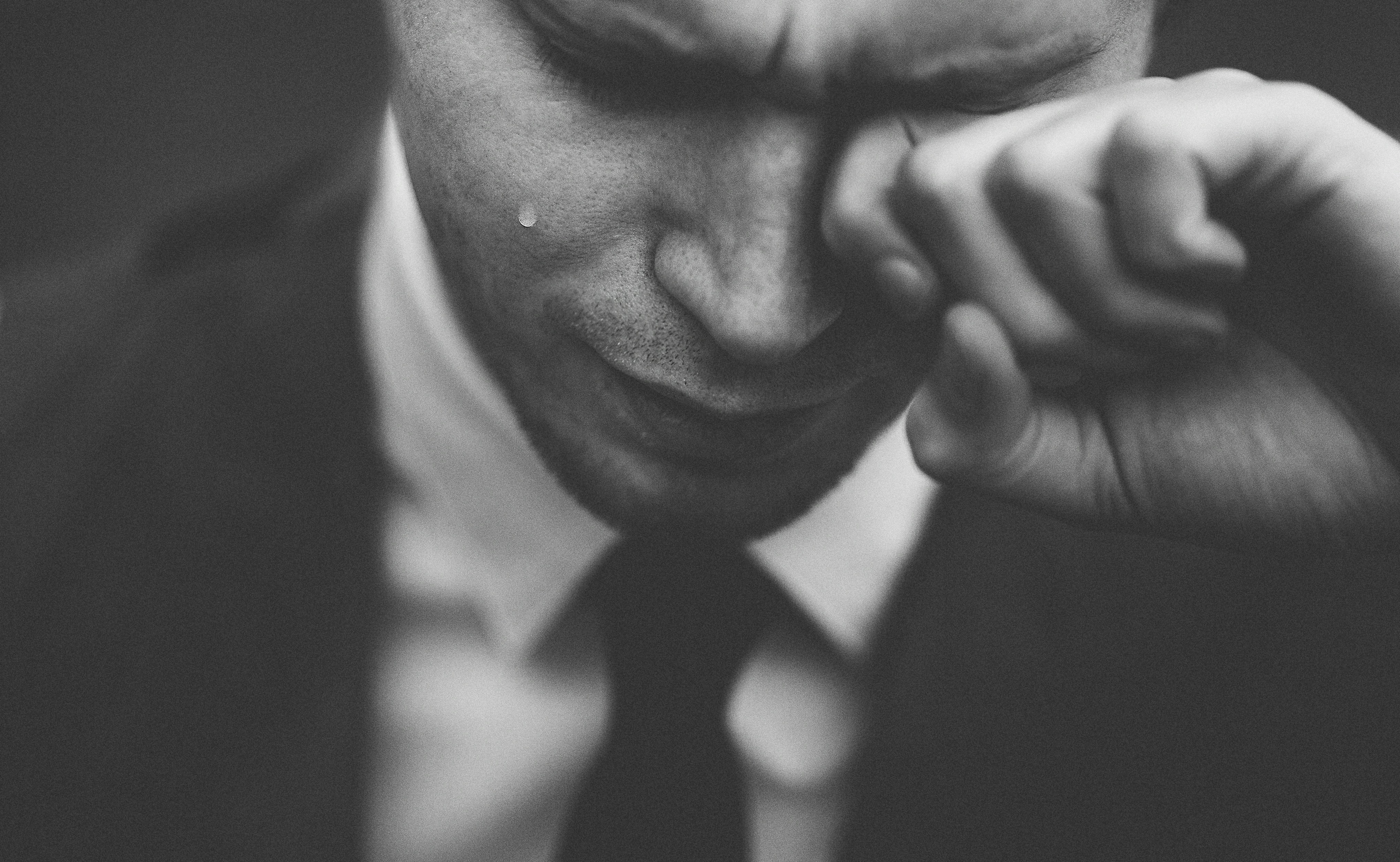October is Domestic Violence Awareness Month, a time to raise awareness about the impact of domestic violence on both women and men. While the conversation often centers around women as survivors, it’s important to recognize that men also experience abuse, and their experiences can sometimes be overshadowed.
Understanding the Scope: Men vs. Women Reporting Abuse
Statistics show that domestic violence disproportionately affects women. According to the National Coalition Against Domestic Violence (NCADV), 1 in 4 women will experience severe intimate partner violence in their lifetime, compared to 1 in 9 men. However, these numbers don’t fully capture the scope of the problem, as many survivors—especially men—do not report their abuse.
Men are often reluctant to report domestic violence due to societal stigmas, which may lead them to feel ashamed or fear not being taken seriously. A 2018 CDC report highlighted that approximately 25% of male survivors didn’t report abuse because they feared being judged or dismissed. This can create a harmful cycle where men may suffer in silence, feeling they lack the support to come forward.
Women, on the other hand, may face different barriers when reporting abuse, such as fear of retaliation from their partner, economic dependence, or concern for their children. Both men and women are often met with societal pressures and fears, but the unique ways in which they may internalize or express their trauma can shape their healing process.
Different Reactions, Same Pain
Survivors of all genders experience complex emotions like shame, guilt, fear, and anger. However, societal expectations around masculinity can make it harder for men to seek help. Men are often socialized to “tough it out,” which can lead them to minimize their experience or feel embarrassed about being seen as vulnerable.
For women, domestic violence is often recognized and validated by society, and there are generally more support networks available. However, women may still face hurdles such as victim-blaming or being dismissed by authorities. For men, finding support can be even more challenging because domestic violence shelters and services are often tailored primarily for women.
Both men and women can suffer from long-term psychological effects, such as depression, anxiety, and PTSD, but these issues may manifest differently. Women may feel an increased sense of helplessness or isolation, while men might suppress their emotions and channel their pain into aggression or withdrawal.

Healing: A Path Toward Moving On
Healing from domestic violence is a deeply personal journey and looks different for everyone. For some, it may involve therapy, joining a support group, or finding solace in spiritual or creative outlets. The goal for any survivor is to regain a sense of control, safety, and self-worth.
For men, healing can start with acknowledging that abuse happens to them too and that it’s okay to seek help. Finding male-centric support groups or counselors who specialize in male survivors can be pivotal in breaking through the isolation many feel.
Women, too, need safe spaces to share their stories without judgment, and fortunately, there are many organizations that offer support through crisis lines, shelters, and trauma-informed therapy.
It’s critical for everyone—regardless of gender—to know that healing is possible and that there’s no shame in asking for help.
Conclusion: Support and Awareness
Domestic violence is a pervasive issue that affects both men and women in profound ways. While more women report abuse, men are still survivors who deserve understanding, support, and respect. As we observe Domestic Violence Awareness Month, let us acknowledge the complexity of this issue and offer compassion to all survivors. We must continue to foster environments where survivors feel safe to come forward, and where the conversation includes every victim, regardless of gender.
By raising awareness and promoting healing, we can create a society where no one has to suffer in silence.
